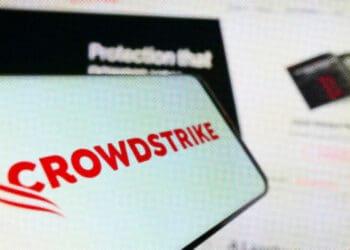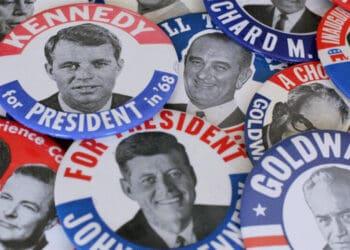Last month a CEO client contacted me to evaluate Dean, an executive who had come to him through a referral from a trusted source. The man who referred him knows both my client and the candidate and assured the CEO that the two should meet to explore how Dean could work for him.
Hold on. No job description? No posting for the position? No due diligence? Unthinkable. Absurd. Perfect.
The week before Christmas, I traveled to icy temperatures to meet Dean and evaluate him. But evaluate him for what?
I asked Dean to complete four personality assessments, three cognitive measures, and a leadership questionnaire—a daunting, but thorough approach. Often I feel as though I know the person better than a spouse would by the end of the process. But I also rely on the intangible data that an interview provides.
Dean blew the top off the cognitive assessments, evidenced the requisite personality traits, and presented a strong executive demeanor during the interview. I was smitten.
When I walked into the CEO’s office at the end of the day, I said, “Merry Christmas. This is one of the strongest candidates I have assessed here or anywhere else. If you hire him, he can be your replacement in five years and make you a lot of money between now and then.” Of course, this is the sort of Christmas gift CEOs ask Santa for every year.
But we colored outside the lines. What about protocols, systems and procedures? Three HR professionals at the firm had to be sedated, and I suspect I will be burned in effigy at the HR conference in the spring.
You might guess that what we did smacks of cronyism and good ol’ boy practices. But you’d be wrong. Granted, at first blush, our approach did imitate an approach you might see on a Mad Men episode, especially since the candidate is a white male. But a huge difference separates our method from theirs. We used irrefutable, objective data to make the final call.
Talent like Dean doesn’t walk the streets, apply online or remain on the market very long. My client found Dean through a long-standing relationship and serendipity. We put HR protocols back 20 years, but a year from now, when Dean has made huge contributions to the profitability of the firm, I doubt you’ll hear much discussion of the path Dean took to his success. If you refuse to become a slave to process, you can enjoy the same fate.



 Dr. Linda Henman is one of those rare experts who can say she’s a coach, consultant, speaker, and author. For more than 30 years, she has worked with Fortune 500 Companies and small businesses that want to think strategically, grow dramatically, promote intelligently, and compete successfully today and tomorrow. Some of her clients include Emerson Electric, Boeing, Avon and Tyson Foods. She was one of eight experts who worked directly with John Tyson after his company’s acquisition of International Beef Products, one of the most successful acquisitions of the twentieth century.
Linda holds a Ph.D. in organizational systems and two Master of Arts degrees in both interpersonal communication and organization development and a Bachelor of Science degree in communication. Whether coaching executives or members of the board, Linda offers clients coaching and consulting solutions that are pragmatic in their approach and sound in their foundation—all designed to create exceptional organizations.
She is the author of Landing in the Executive Chair: How to Excel in the Hot Seat, The Magnetic Boss: How to Become the Leader No One Wants to Leave, and contributing editor and author to Small Group Communication, among other works.
Dr. Henman can be reached at
Dr. Linda Henman is one of those rare experts who can say she’s a coach, consultant, speaker, and author. For more than 30 years, she has worked with Fortune 500 Companies and small businesses that want to think strategically, grow dramatically, promote intelligently, and compete successfully today and tomorrow. Some of her clients include Emerson Electric, Boeing, Avon and Tyson Foods. She was one of eight experts who worked directly with John Tyson after his company’s acquisition of International Beef Products, one of the most successful acquisitions of the twentieth century.
Linda holds a Ph.D. in organizational systems and two Master of Arts degrees in both interpersonal communication and organization development and a Bachelor of Science degree in communication. Whether coaching executives or members of the board, Linda offers clients coaching and consulting solutions that are pragmatic in their approach and sound in their foundation—all designed to create exceptional organizations.
She is the author of Landing in the Executive Chair: How to Excel in the Hot Seat, The Magnetic Boss: How to Become the Leader No One Wants to Leave, and contributing editor and author to Small Group Communication, among other works.
Dr. Henman can be reached at 








